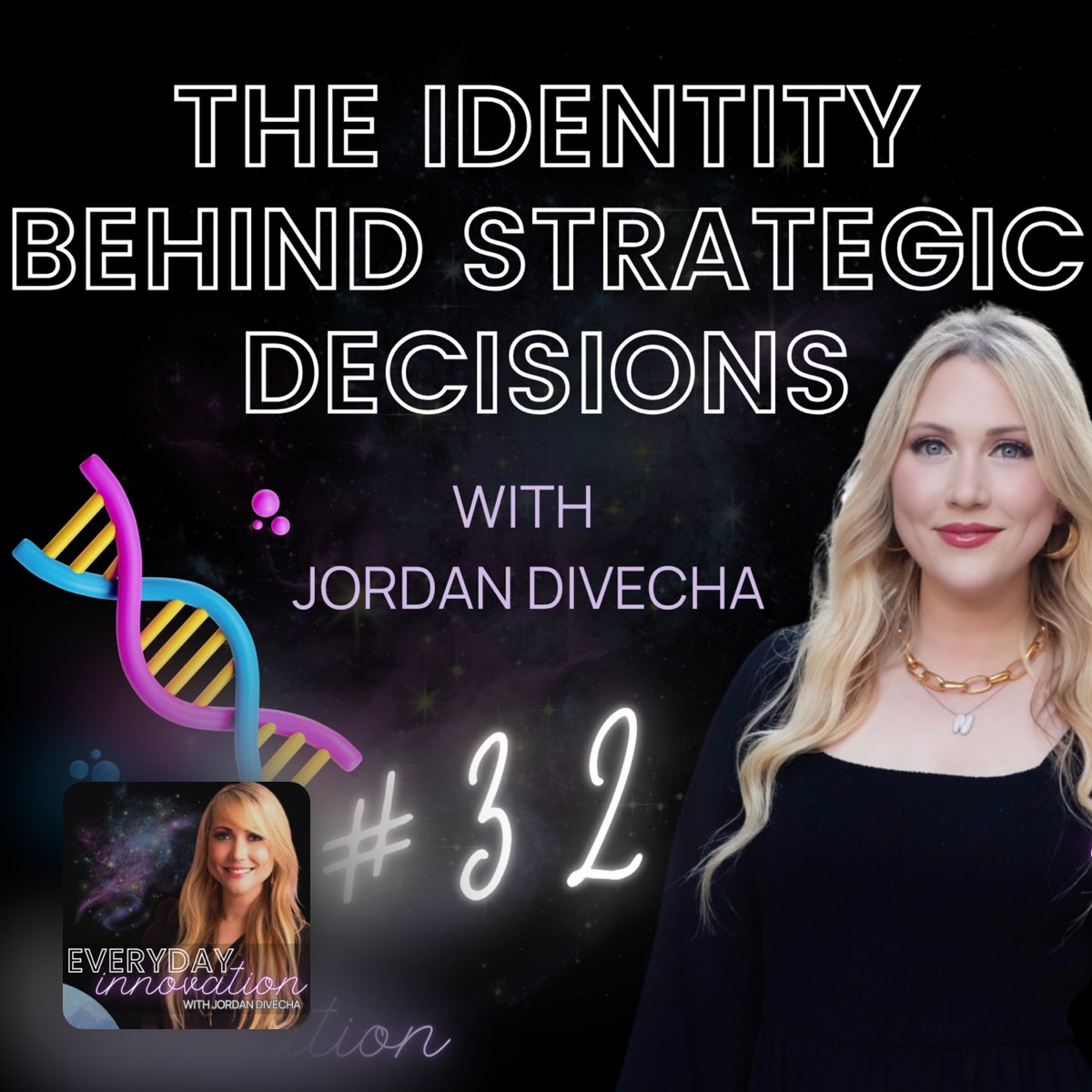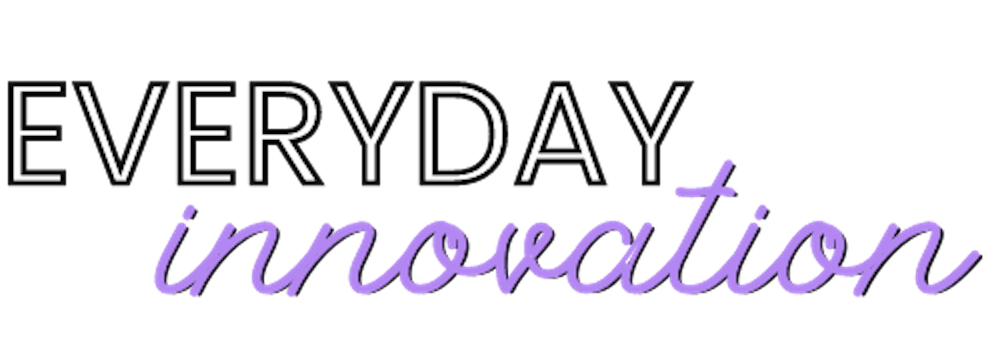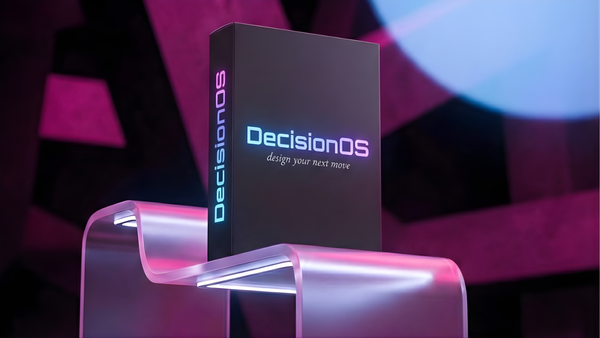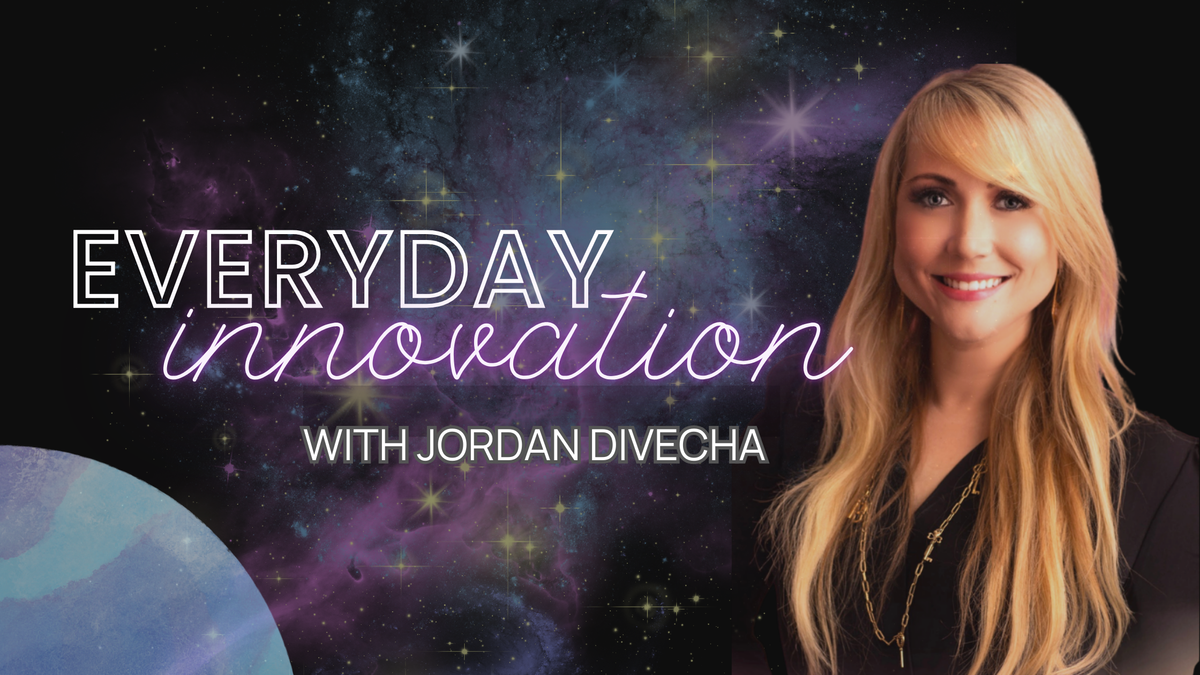Every day, we're faced with countless decisions - big and small - that shape our lives, businesses, and futures. Often, we think we'll feel more confident relying solely on external frameworks to guide these choices, attempting to reduce anxiety or uncertainty.
But the true game-changer for clarity is leading first with decision filters and processes that start from within us.
In this post, we'll dig into developing your unique decision "DNA" by integrating identity, philosophical frameworks, and intuitive wisdom.
These lenses help you anchor your decisions authentically, aligning your choices with your true self and core values, making decisions more meaningful and confident.
While this guide focuses on personal clarity, these principles also apply to team decision-making, brand values, and venture leadership – especially if you’re designing culture, not just strategy.
Check out the episode and perspective-shaping tools below!
🎙️ Podcast
In the second episode of our decision-making series, I explore how identity, philosophical frameworks, and intuitive wisdom deeply influence your decisions.
(Check out the first episode here if you haven't already.)
As you read this guide, feel free to follow along by listening or watching. Then apply one of these tools today!
Spotify
Don't see a Spotify embed above? Click here to watch/listen!
YouTube
Apple

Don't see an Apple embed above? Click here to listen!
Identity-Based Decision Making
Your identity isn't static... it's shaped continually by the decisions you make. Every choice reflects and reinforces who you are and who you are becoming. Decisions aligned with your identity create consistency, clarity, and confidence.
Why Identity Matters
When your decisions reflect your true self, they become inherently authentic and powerful. Making identity-driven decisions helps reduce overthinking and creates intuitive consistency in your life.
Reflection Questions:
- What does your ideal future self look like personally, professionally, and emotionally?
- Is your current decision leading you toward or away from this envisioned self?
Clarity Step:
- Complete the VIA Values Inventory to uncover your top values.
- Write down three core values and consistently evaluate your decisions against them, asking, "Does this align with my identity and values?"
Example: Imagine you're offered a lucrative job that requires relocating away from family and your community. If one of your core values is Love (in the VIA values inventory) or self-defined family connectedness, reflect deeply on whether this choice supports or undermines your identity.
🧐 Philosophical Frameworks for Clarity
Philosophical approaches offer unique lenses to view and evaluate your decisions, especially under uncertainty.
Regret Minimization Framework
This framework encourages you to consider future regret rather than present comfort. Visualize yourself at 80... would you regret not pursuing certain opportunities?

Reflection Questions:
- What important decisions are you delaying due to short-term discomfort or uncertainty?
- How would your older self view this hesitation?
Thinking in Bets (Inspired by Annie Duke)
Decisions resemble bets with probabilistic outcomes. Instead of purely judging results, assess the decision-making quality itself.
Examples:
- Running a red light safely doesn't validate the decision, it was luck. Similarly, responsibly passing through a green light and facing an unexpected obstacle doesn't invalidate your good judgment.
- Investing in a well-researched business venture that unexpectedly fails doesn't imply a bad decision process, just an unfortunate outcome.
Bonus Framework

The "Two-Way Door" method classifies decisions as reversible or irreversible, allowing swift action on reversible decisions to maintain momentum. Additionally, adding high and low impact qualifiers gives more nuance to speed and thoughtfulness.
Action Step:
- Apply these frameworks to a recent decision. Reflect in your journal and note improvements in decision quality rather than outcomes alone.
💫 Cultivating and Utilizing Intuition
Intuition is your internal compass, shaped by subconscious insights and accumulated life experiences. Distinguishing genuine intuition from anxiety can drastically improve your decision-making clarity.

Intuition vs. Anxiety
- Intuition: Calm, confident, clear, steady.
- Anxiety: Urgent, overwhelming, chaotic, fearful.
Reflection Questions:
- Recall an intuitive decision that proved correct. How did it feel?
- Identify instances where anxiety clouded your judgment. How did this differ from genuine intuition?
Enhancing Your Intuition
Regularly engaging your intuition builds confidence and clarity in your internal guidance.
Action Steps:
- Begin an intuition log to track intuitive impressions and outcomes, reflecting weekly on accuracy.
- Regularly practice intuition with everyday decisions like route selection or meal choices.
Examples:
- You meet a potential collaborator whose credentials are excellent, but something feels off intuitively. Explore this feeling, often subtle misalignments reveal themselves upon deeper reflection.
- Intuitively choosing a travel route and finding it smoother reinforces your trust in subtle guidance.
✅ Next Steps
The next episode will help you practically build your Decision Operating System (Decision OS), offering actionable guidance. Additionally, I'll introduce an upgraded, purchasable companion template to enhance your design experience!
🔮 Let's Design What’s Next
You don’t need another strategy template.
You need the right kind of activation for the season you’re in.
Venture design isn’t just a framework. It’s how I help founders and creative leaders work through pivotal moments with clarity, alignment, and traction.
Fill out the quick application below, and I’ll send back curated next steps.
(No pressure, no goofy sales pitch.)






